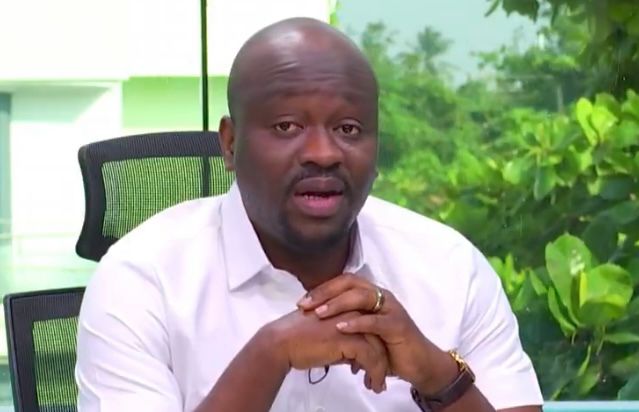The removal of Chief Justice Gertrude Araba Esaaba Torkonoo has sparked a contentious debate in Ghana, with reactions sharply divided along political lines. Hamza Suhuyini, a member of the ruling National Democratic Congress (NDC) communication team, has lauded the decision, characterizing it as a positive step towards restoring the integrity and international standing of Ghana’s judiciary. He alleges that the former Chief Justice exhibited an unbecoming arrogance and posturing that tarnished the nation’s image on the global stage. Suhuyini’s stance reflects a broader sentiment within the NDC, which views the removal as a necessary corrective measure.
Suhuyini’s argument centers on the perceived damage Justice Torkonoo’s conduct inflicted on Ghana’s reputation. He contends that her demeanor, particularly during high-profile cases like the vacant seats hearing, was inconsistent with the dignity and humility expected of the head of the judiciary. He points to alleged instances of arrogance that he personally witnessed, comparing them unfavorably to his experiences with judges in other jurisdictions, such as the United Kingdom. According to Suhuyini, Justice Torkonoo’s actions projected a negative image of Ghana to the international community, undermining the country’s credibility and potentially impacting its standing in international legal and political arenas.
Further emphasizing his point, Suhuyini framed the removal as a demonstration of Ghana’s commitment to upholding the rule of law, even when it involves high-ranking officials. He asserted that the decision sends a clear signal to international observers that Ghana is willing to invoke its constitutional provisions to address issues of misconduct, regardless of the individual’s position. This, he argues, reinforces the principle of accountability and demonstrates that no one is above the law, ultimately strengthening Ghana’s democratic institutions.
However, this perspective is not universally shared. Critics of the removal, particularly within the opposition New Patriotic Party (NPP), raise concerns about the process and potential political motivations behind it. They argue that the removal may have been unduly influenced by political considerations, potentially undermining the independence of the judiciary. This differing interpretation highlights the deeply political nature of the issue and the potential for it to further exacerbate existing political divisions within the country.
Suhuyini’s call for the NPP to embrace the constitutional process and support what he terms a “reset” of the judiciary underscores the ongoing tension surrounding the issue. His appeal suggests a desire to move beyond the immediate controversy and focus on strengthening the judicial system. However, given the starkly contrasting viewpoints and the political undercurrents at play, achieving a consensus on the way forward remains a significant challenge.
In the aftermath of Justice Torkonoo’s removal, Ghana faces a crucial juncture. The debate surrounding her tenure and the circumstances of her departure raises important questions about judicial independence, the rule of law, and the balance of power within the country’s political system. The path forward will require careful consideration of these complex issues and a commitment to upholding the principles of fairness, transparency, and accountability. The long-term impact of this decision on Ghana’s judicial system and its broader political landscape remains to be seen.














